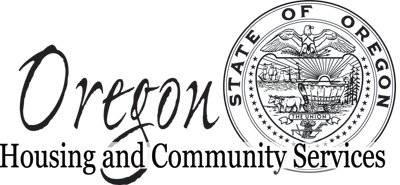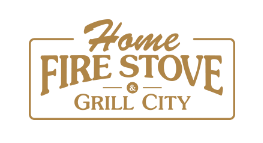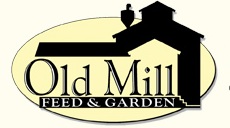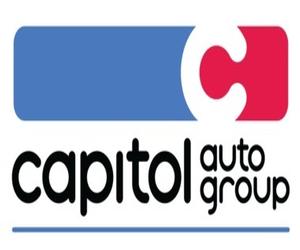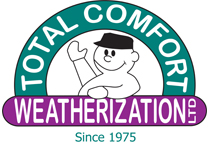SALEM, Ore. — The Homeowner Assistance and Reconstruction Program (HARP) will be the first assistance available directly to 2020 Labor Day disaster survivors administered by Oregon Housing and Community Services (OHCS). The program is part of ReOregon, which is funded by a $422 million Community Development Block Grant-Disaster Recovery from the U.S. Department of Housing and Urban Development (HUD).
HARP assistance will help low- and moderate-income homeowners who still need to repair, rebuild, or replace their homes. Those who have already completed repairs or rebuilding may be reimbursed in a future phase of HARP, if funds are still available.
“OHCS remains committed to action towards recovering, rebuilding, and revitalizing our communities,” said OHCS Director Andrea Bell. “As trusted voices in their communities, our partners have a pulse on the needs of our many neighbors and friends who are still working to recover. ”
OHCS will begin accepting applications for HARP by the end of March 2024. The agency has partnered with community-based organizationsto support the launch of HARP.
The following organizations will be conducting outreach and providing in-person support to help survivors work through the application process:
- Glide Revitalization, Douglas County
- ACCESS, NOWIA Unete Center for Farmworker Advocacy, and Firebrand Resilience Collective (Remake Talent), Jackson County
- McKenzie Valley Long Term Recovery Group, Lane County
- Community Services Consortium, Lincoln County
- Santiam Service Integration Team (Santiam Hospital), Linn and Marion counties
In addition, Unite Oregon in Jackson County and the Lincoln County Long Term Recovery Group will be assisting with the outreach work.
“Every household who lost their home in the Labor Day disaster has struggled to recover—and, unfortunately, many continue to do so,” said Joe Vollmar, chief operations and housing officer at ACCESS community action agency. “ReOregon is probably the last, best chance that many survivors will have to receive significant assistance. Knowing how hard it has been for Oregonians to work with FEMA and other recovery programs, we appreciate that OHCS is taking the time build a user-friendly system and fund local organizations like ours to help survivors with the application process.”
While OHCS and its partners continue to prepare to launch an application portal, survivors can help make the process as smooth as possible by ensuring they have the right documentation before they apply. HARP applicants will need the following information:
- Proof they owned the damaged or destroyed home, and it was their primary residence.
- Records of damage from the 2020 Labor Day Disasters.
- Proof of current income.
- Record of any insurance or other recovery funds you received.
- Personal identification (ID) for all household members over the age of 18.
OHCS recognizes how challenging this disaster has been and wants to work with survivors to ensure they have the resources they need to apply to the appropriate ReOregon program. The federal rules governing CDBG-DR are extensive and include significant documentation requirements for any beneficiary households.
Survivors can stay up to date on ReOregon programs in various stages of development, by signing up for email updates and visiting the ReOregon website at re.oregon.gov.

